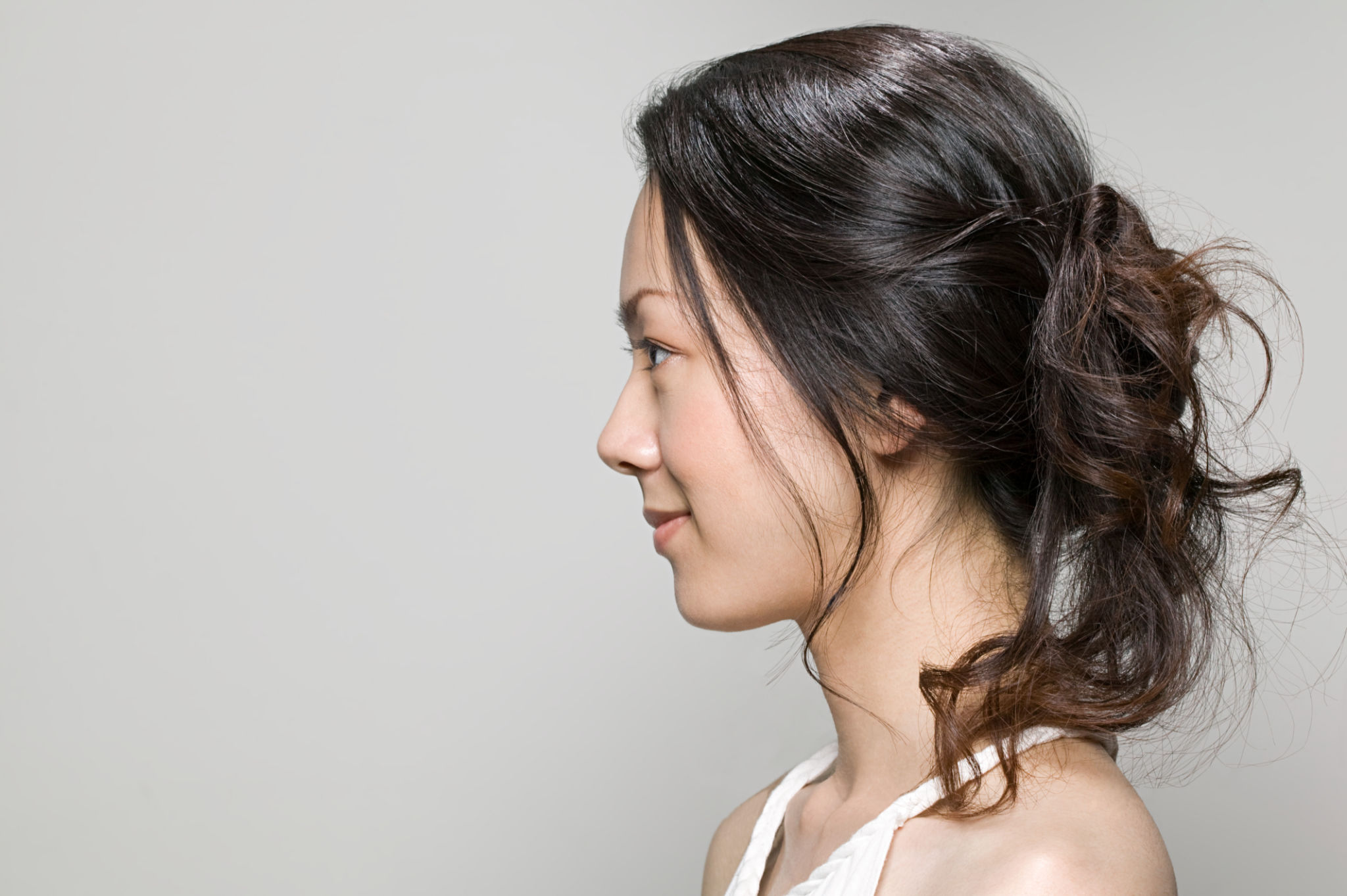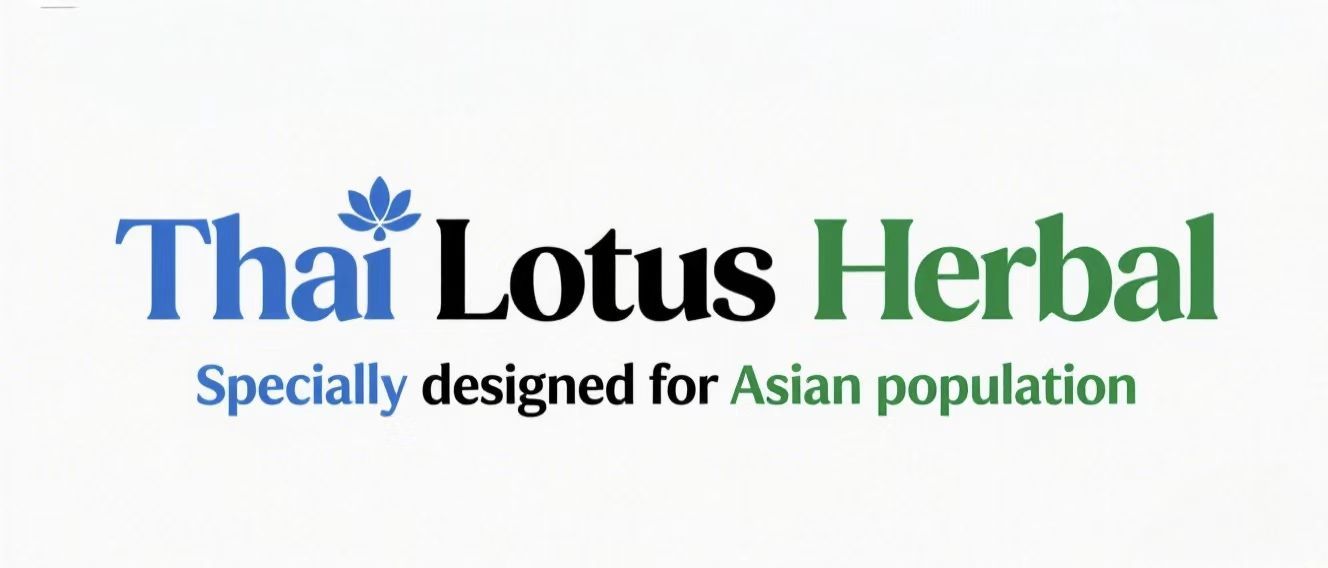Debunking Myths About Herbal Shampoos: What NYC Buyers Need to Know
Introduction to Herbal Shampoos
Herbal shampoos have gained popularity as consumers seek natural alternatives to traditional hair care products. However, with their rise in popularity, several myths and misconceptions about these products have emerged, particularly among buyers in NYC. This blog post aims to debunk some of these myths and provide clarity on what you need to know when considering herbal shampoos.
Myth 1: Herbal Shampoos Are Less Effective
A common misconception is that herbal shampoos are less effective than their synthetic counterparts. In reality, many herbal shampoos are formulated with potent plant-based ingredients known for their hair and scalp benefits. Ingredients like aloe vera, tea tree oil, and chamomile often provide deep cleansing and nourishment. The key is to choose a product that suits your specific hair type and needs.

Myth 2: All Herbal Shampoos Are 100% Natural
Another prevalent myth is that all herbal shampoos are entirely natural. While many contain a higher percentage of natural ingredients compared to conventional shampoos, not all are 100% natural. It's crucial for consumers to read labels carefully and look for certifications or claims of organic or natural content. Understanding ingredient lists can help determine the true nature of the product.
Reading Ingredient Labels
When evaluating herbal shampoos, focus on the first five ingredients listed, as they make up the majority of the formulation. Ingredients such as sulfates and parabens are often avoided by those seeking a more natural product. Opt for shampoos with recognizable plant extracts to ensure you’re getting the benefits you desire.

Myth 3: Herbal Shampoos Are Suitable for All Hair Types
It's vital to understand that not all herbal shampoos are suitable for every hair type. Just like traditional shampoos, herbal options are tailored for specific needs—be it hydration, volume, or color protection. Selecting a shampoo that aligns with your hair's requirements is essential for achieving the best results.
Customized Herbal Solutions
For those with specific hair concerns, such as dandruff or oily scalp, there are herbal solutions formulated to address these issues. Ingredients like neem, rosemary, or lavender may be included for their targeted benefits. Taking the time to understand your hair type will help you select the most appropriate product.

Myth 4: Herbal Shampoos Are More Expensive
While some herbal shampoos may carry a higher price tag due to premium ingredients and sustainable practices, they are not universally more expensive. Many brands offer affordable options that cater to different budgets. The cost often reflects the quality and concentration of herbal extracts used in the formulation.
Value for Money
When assessing cost, consider the long-term benefits of using herbal shampoos. Products with high-quality natural ingredients can improve hair health over time, potentially reducing the need for additional treatments or products. Additionally, supporting brands committed to sustainability and ethical sourcing can be a worthwhile investment.
Conclusion
Herbal shampoos offer an appealing alternative for those seeking natural hair care solutions but come with their own set of myths. By understanding the facts, NYC buyers can make informed decisions that align with their hair care goals and lifestyle preferences. Embrace the power of nature in your hair care routine and enjoy the benefits herbal shampoos have to offer.
